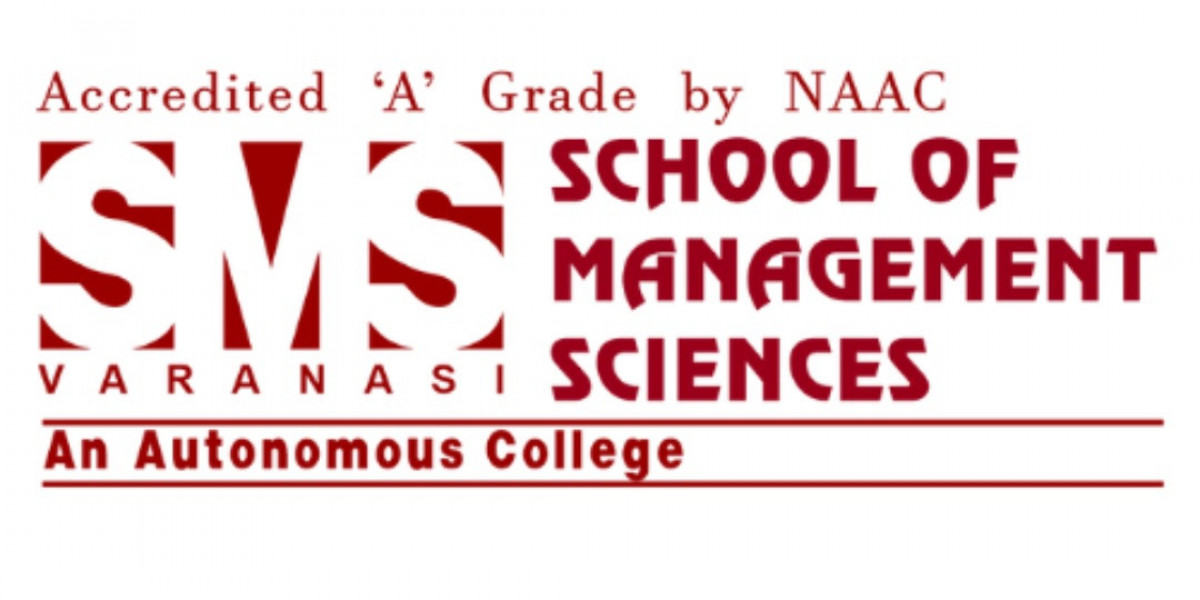In the competitive world of higher education and job placements, one question often asked by MCA (Master of Computer Applications) students is: “Is 8.5 CGPA good?” Whether you're aiming for a high-paying job, a government opportunity, or admission into a Ph.D. program, your CGPA can play a role—but how much does it actually matter?
Let’s take a deeper look at what a CGPA of 8.5 really means, how it can impact your career opportunities, and what you can do to maximize your MCA degree for long-term success.
Understanding the Value of 8.5 CGPA in MCA
First, let’s decode the number. In most Indian universities, CGPA (Cumulative Grade Point Average) is measured on a 10-point scale. A CGPA of 8.5 translates to roughly 80–85% marks, which is generally considered “Distinction” or “First Class with Distinction.”
From an academic perspective, an 8.5 CGPA is excellent. It indicates that you have consistently performed well in your coursework and have a solid understanding of both theory and practical aspects of computer applications.
So, to answer the question plainly: Yes, 8.5 CGPA is good.
What Recruiters Think About CGPA
While companies certainly appreciate strong academic records, they also value skills, projects, and communication abilities. Let’s break it down:
Campus Placements: Many companies, especially during campus recruitment, set a CGPA cutoff—often around 6.5 to 7.5. An 8.5 CGPA clears these cutoffs easily, making you eligible for most job interviews.
Prestige Factor: A CGPA of 8.5 can make your resume stand out in a large applicant pool. It signals to recruiters that you are diligent, disciplined, and capable of handling academic rigor.
MNCs and Product-Based Companies: Top tech giants like Google, Amazon, and Microsoft usually look for a mix of high CGPA, excellent problem-solving skills, and a strong portfolio. An 8.5 CGPA ticks one major box.
Startups and Mid-Level Companies: These recruiters often focus more on your project work, practical knowledge, and adaptability than your academic scores. However, having an 8.5 CGPA still gives you a good head start.
CGPA vs. Skills: What Matters More?
While CGPA reflects your theoretical understanding and consistency, it doesn’t always represent your practical abilities. A student with an 8.5 CGPA but no real-world coding or project experience may struggle more in interviews than a student with a 7.0 CGPA who has built a strong portfolio of projects, internships, and certifications.
Here’s how to balance both:
Build Projects: Create and publish mini or major projects that solve real problems. Host them on GitHub or create a personal website to showcase your work.
Internships: Aim for at least one good internship during your MCA. Companies prefer candidates with some exposure to real-world working environments.
Certifications: Consider taking online certifications in in-demand areas such as data science, machine learning, web development, or cloud computing.
Hackathons and Competitions: Participate in hackathons and coding challenges to demonstrate your problem-solving capabilities beyond academics.
Academic Goals Beyond Jobs
If you're planning to pursue higher education—like a Ph.D. or a second master’s abroad—your CGPA becomes even more important.
For Government Exams or PSU Jobs: Public sector undertakings like ISRO, NIC, and DRDO often have strict academic requirements. An 8.5 CGPA strengthens your eligibility significantly.
For Studying Abroad: Many international universities consider your undergraduate and postgraduate scores as part of their selection process. An 8.5 CGPA, along with a good GRE or TOEFL score, makes you a strong candidate.
Industry Trends: Is CGPA Losing Its Importance?
In recent years, the tech industry has started shifting focus toward skill-based hiring. Platforms like LinkedIn, GitHub, HackerRank, and LeetCode play a bigger role than ever before. Employers want to see what you can build, how you think, and whether you can adapt to changing technologies.
However, a high CGPA like 8.5 still serves as a foundation. It can get you shortlisted for opportunities you might otherwise miss. And once you're in the door, your skills, attitude, and growth mindset will determine your path.
Real Stories: Success with 8.5 CGPA
Amit, an MCA graduate from NIT Trichy, secured a position as a software engineer at Infosys with a CGPA of 8.5 and a portfolio full of open-source contributions.
Radhika from Delhi University got into a Ph.D. program in the US with an 8.4 CGPA, strong recommendation letters, and a published research paper.
Karan from Pune, who balanced his 8.5 CGPA with Android app development projects, landed an internship at a startup, which later converted into a full-time job.
These examples show that 8.5 CGPA combined with practical skills opens doors in various directions—academics, corporate, or entrepreneurship.
Final Thoughts: Is 8.5 CGPA Good?
The final answer is a resounding yes—8.5 CGPA is good in MCA for career growth. It reflects academic excellence, gives you an edge in campus placements, and strengthens your profile for future educational or government opportunities.
But remember: it’s not the only thing that matters. To make the most of your MCA degree, combine your CGPA with practical experience, continuous learning, and strong communication skills. That’s the formula for a successful career in tech.
Read Also: From Campus to Corporate: Transition Tips for B.Com Students













